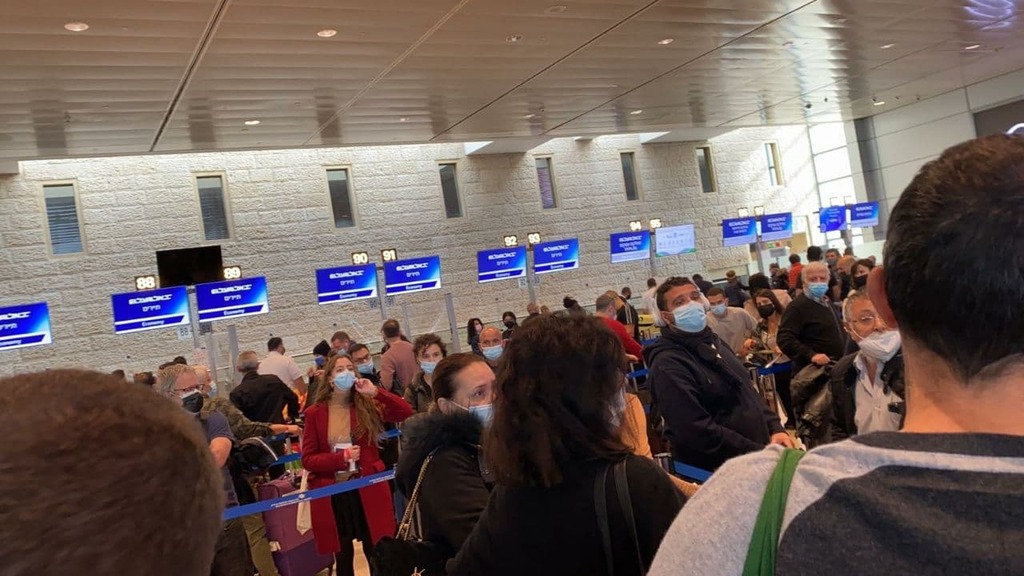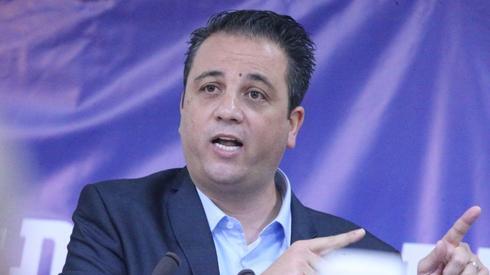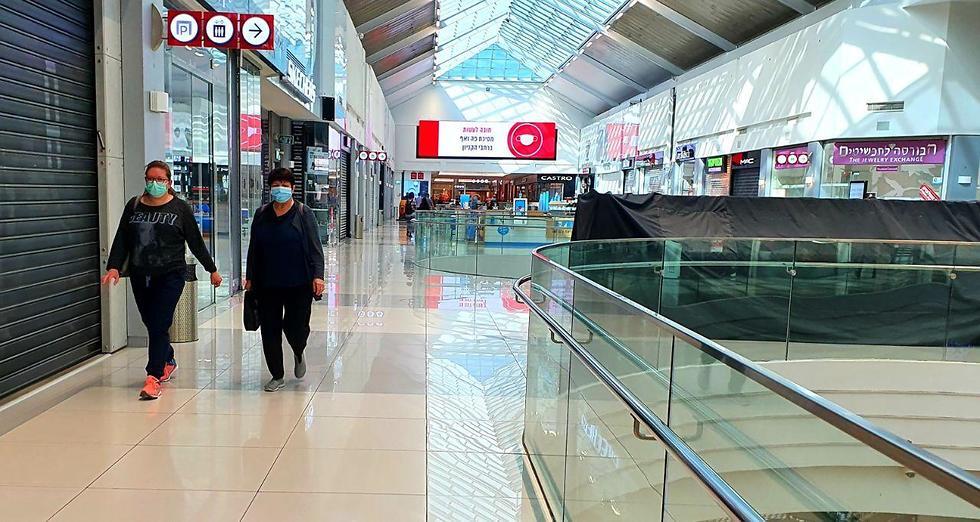The operators of Israel's malls said Wednesday that they would not close their doors again if instructed to do so as part of tighter measures to reduce the national coronavirus infection rate.
Deputy Health Minister Yoav Kisch said earlier Wednesday that greater mitigation efforts, including a further suspension of commerce, were unavoidable after Israel recorded nearly 3,000 new coronavirus cases in the preceding 24 hours.
"This time we will not close, we will leave the malls open and I as a citizens would support the chains and stores that do continue to operate," Ofer Malls CEO Moshe Rosenblum told Ynet on Wednesday.
"Malls have essential stores and they will remain open," Rosenblum said. "If the chains and small businesses wish to remain open too, they will remain open."
Rosenblum said he was struggling to understand why malls were having to close when Ben-Gurion Airport was bustling with travelers.
"Look at the airport, let's close the airport," he said. "Malls are a safe space. The number of people is restricted, we have patrols, the police check every day that we are abiding by regulations and we are observing social distancing."
4 View gallery


Crowds at Ben-Gurion Airport earlier this week as Israelis headed abroad for the Hanukkah holiday
He said that the measures were "killing NIS 1.4 billion in revenue for the state."
"We have been open again for three weeks," he said, "and have yet to see infections caused by the malls. We are meeting all our obligations - are we being closed because it is the easy thing to do?"
Roi Cohen, the president of the Chamber of Independent and Business Organizations in Israel (Lahav), struck a similarly defiant tone, saying Wednesday that the government was allowing travelers abroad to hold "contagion parties at Ben-Gurion Airport," while business owners were "paying the price for the government's incompetence."
4 View gallery


Roi Cohen, the president of the Chamber of Independent and Business Organizations
(Photo; Moti Kimchi)
Cohen also accused the government of doublespeak by saying Israel would "tighten" existing constraints rather than admitting this would be a third national closure.
Kisch said earlier that he understood "the huge economic" cost of such a step, but added that "the quicker we take action, the more we can reduce the price we all pay."
The Health Ministry said Wednesday morning that 2,862 new coronavirus cases had been confirmed the day before, the highest daily rise since Israel began steps to exit its second nationwide lockdown in October.



